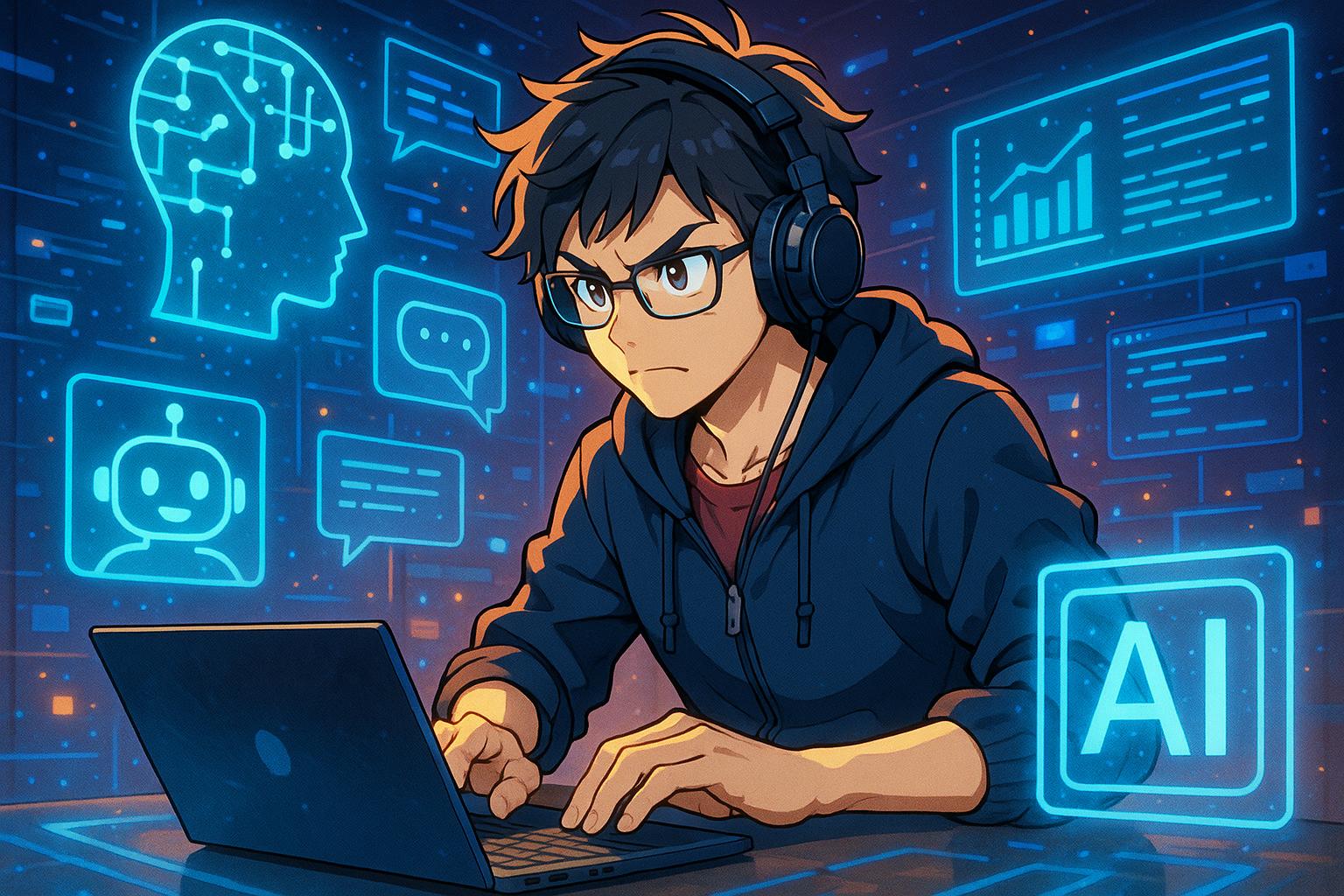The digital landscape is undergoing a seismic shift as artificial intelligence (AI) begins to reshape internet search and content production. Matthew Prince, CEO of Cloudflare, highlighted these challenges in a recent interview, warning that content creators may face dwindling revenues from subscriptions and advertising as search results become increasingly dominated by AI-driven responses. This phenomenon threatens the traffic directed towards original content sources, a vital revenue stream for many creators. The global digital content creation market is projected to experience robust growth, with a compound annual growth rate (CAGR) of 12% from 2023 to 2028, yet the rise of AI stands to fundamentally alter the dynamics of this burgeoning industry.
Prince asserts that content creators should collaborate with technology companies to safeguard their work, noting, “The fuel that runs these AI engines is original content.” He argues for a necessity to establish frameworks that protect content creators and ensure they are compensated for their contributions. Despite the burgeoning impact of AI, he remains optimistic about the value of high-quality content, suggesting that as digital demands evolve, so too will the need for original, thoughtfully produced work.
The role of AI in content creation is not limited to challenges; it also presents opportunities for enhancement. Neal Mohan, CEO of YouTube, has articulated a vision for integrating AI tools to support creators in producing innovative content. YouTube, a significant revenue generator for Alphabet, has diversified its offerings to include not just amateur videos but also music, sports, and cable TV subscriptions. Mohan believes that AI will not replace human creativity but rather augment it, providing capabilities such as auto-dubbing and AI-generated music that could revolutionise the platform.
In response to the growing complexities surrounding content use, some startups, such as ProRata.ai, are working to redress the imbalance created by AI. Launched earlier this year, ProRata aims to ensure fair compensation for content creators by using an AI-powered search engine that identifies original content. They plan to share half of the subscription revenues with publishers from whom AI-generated content originates. The company has garnered support from established media players, addressing a pressing industry concern regarding the rights and remuneration of content creators in the AI era.
Moreover, platforms that support recurring revenue models, like Patreon and OnlyFans, are being leveraged by creators to monetise their content effectively. These platforms are witnessing a shift where creators utilise AI to enhance user engagement through exclusive offerings, thereby fostering more sustainable income streams. This trend is compounded by AI's ability to generate high volumes of targeted content tailored to specific subscriber preferences, enabling creators to maintain and grow their audience base.
The evolution of digital content strategies is also being informed by emerging practices such as dynamic pricing, allowing creators to adjust monetisation strategies based on market demands and engagement levels. This responsiveness enables content creators to optimise their income by tailoring prices to the preferences of different audience segments, maximising revenue whilst remaining competitive in an ever-changing digital economy.
In summary, while the rise of AI poses significant challenges to content creators, it simultaneously opens doors for new monetisation avenues and creative strategies. As both content producers and technology companies navigate this evolving landscape, the imperative for collaboration and innovation will underpin the future of digital content.
Source: Noah Wire Services
